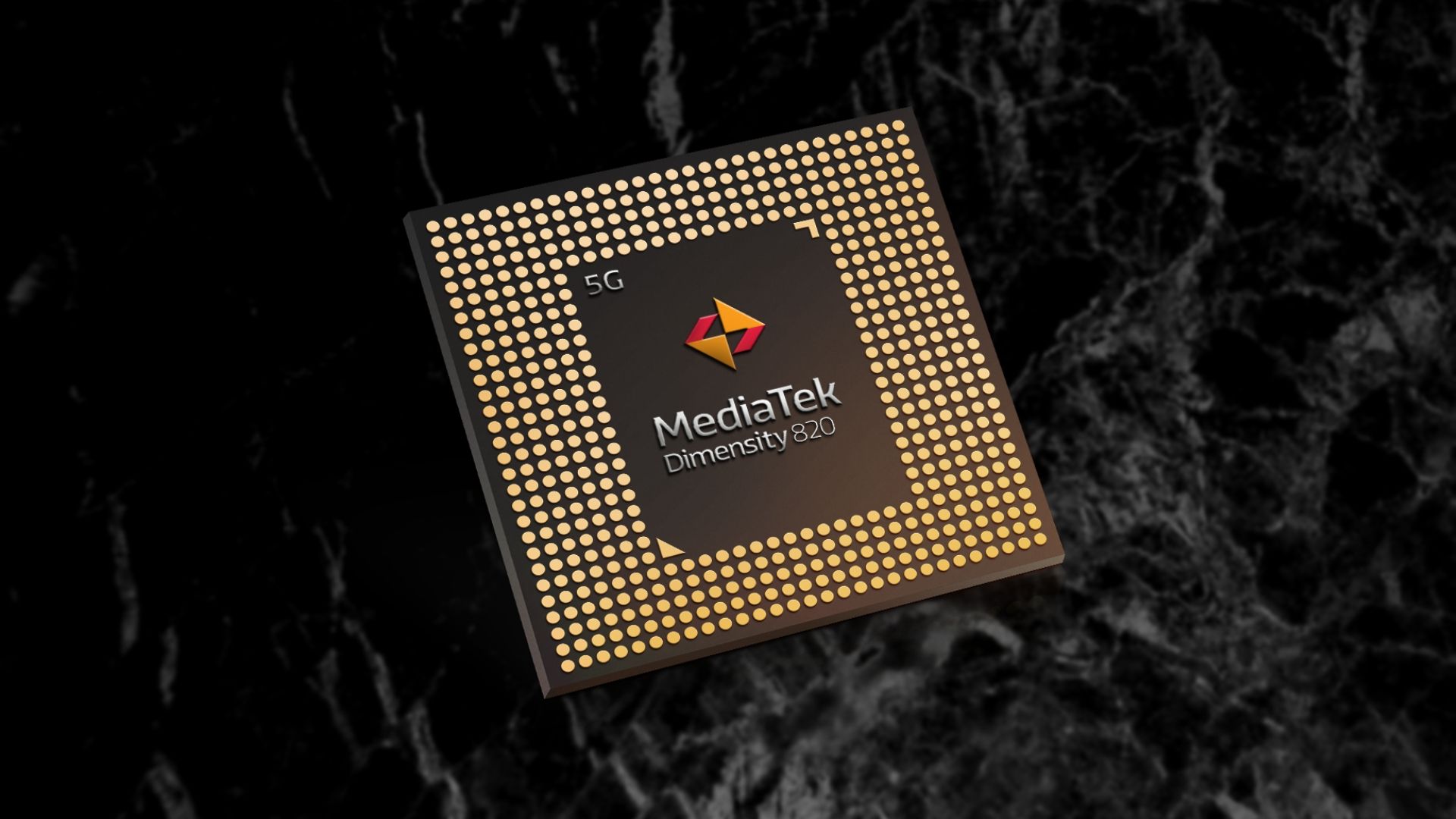Mediatek chipsets could cost more - also expect increased output
Prices to be hiked by 15 per cent

Sign up for breaking news, reviews, opinion, top tech deals, and more.
You are now subscribed
Your newsletter sign-up was successful
Amidst a spate of updates from chip-makers Qualcomm and AMD, as well as the challenges that even companies such as Apple are facing over processor shortages, Taiwanese chipset makers Mediatek have reportedly gone ahead and hiked the prices of their processors by as much as 15 per cent.
This appears to be in line with other processor manufacturers, who faced a severe demand crunch during the early phase of the pandemic-led lockdown in 2020 before witnessing a steep surge in demand since mid-2021. A report in Telecom Talk says the price hike is imminent though Mediatek has not officially announced it yet.
The report quoted unnamed officials to suggest that most of the hike was limited to the 4G LTE enabled chips at a time where the primary focus of Mediatek was on the growing demand from 5G smartphone makers. The company is having to divert some of its attention to 4G chipsets given the continued demand for such devices from consumers in regions like India where 5G services are yet to roll out.
- Intel CEO believes the CPU and GPU shortage crisis will last into 2023
- How chipset shortages could play havoc with Black Friday shopping
Are prices rising across the board?
With Qualcomm scheduled to launch its next generation Snapdragon 898 chipset in end-November, we expect that their prices too could witness an upward revision. It remains to be seen whether the quantum of increase is retained at the same levels that chipset makers usually make when launching a new version.
From the point of view of Mediatek, the report claims that while the 4G chipsets will witness a 15 per cent price hike, it would be to the tune of 5 per cent in the case of the more in-demand 5G processors. As is the case with other chipset makers, even Mediatek is blaming the increased costs from the TSMC foundry for their decision.
It needs a mention here that even Samsung foundry is considering a rise in prices. The Snapdragon 898 is rumored to be fabricated using Samsung's 4nm process over a smaller footprint than its predecessor, which delivers superior processing power while consuming less battery.
We had recently reported that Apple had reasons to divert chipsets from its iPad series to fulfil the robust demand for the iPhone 13. A report published in Nikkei Asia says the company had reduced iPad production by 50 per cent from its original plans for the past two months with processors meant for older iPhones too getting diverted to iPhone 13.
Sign up for breaking news, reviews, opinion, top tech deals, and more.
India seeks to lure chipmakers, but will it help?
Given the burgeoning demand for chipsets, India's dream of emerging as a sought after manufacturing hub of smartphones could take a beating. To ensure a strong supply of processors, the federal government has reportedly sounded out top chip-making companies like the TSMC (Taiwan Semiconductor Manufacturing Company), Intel, AMD, Fujitsu and United Microelectronics Corp to try and set up manufacturing base in the country.
However, it remains to be seen what impact this effort would have. Of course, India will go the extra mile to get any of these companies on board, but government will have to roll out additional capital support and extend the PLI (Performance Linked Investment) Scheme to this sector.
While India wooing global chip-making biggies is one thing and them committing to big billions of investments is another. Semiconductor making involves big budgets, and India is also up against competition as even countries like the US are said to be luring chip-makers to increase their investments there.
Also, chip-making industries need continuous electric supply and copious amounts of clean water. In India, the latter is a bit iffy as there is water shortage even for basic human living in its cities and villages.
Want to know about the latest happenings in tech? Follow TechRadar India on Twitter, Facebook and Instagram!

A media veteran who turned a gadget lover fairly recently. An early adopter of Apple products, Raj has an insatiable curiosity for facts and figures which he puts to use in research. He engages in active sport and retreats to his farm during his spare time.